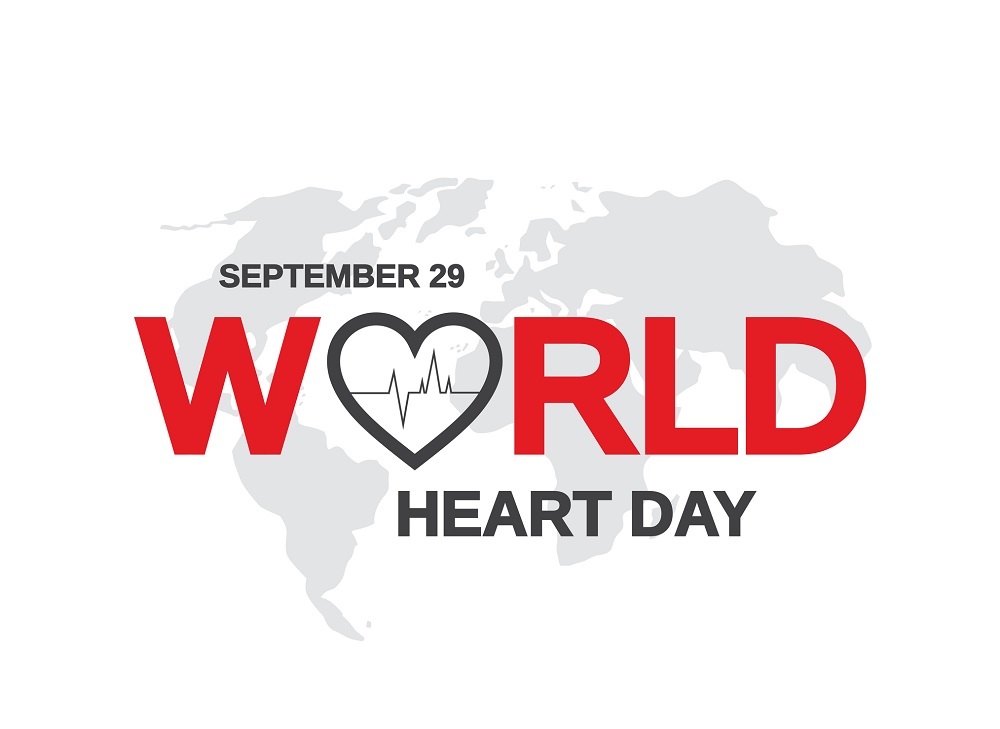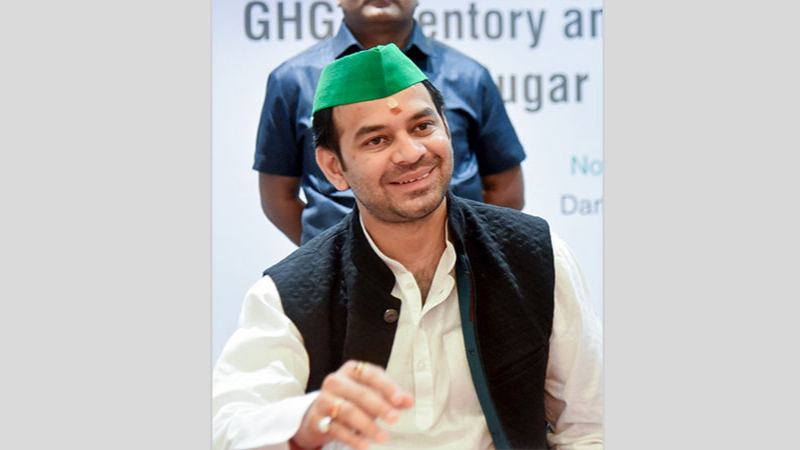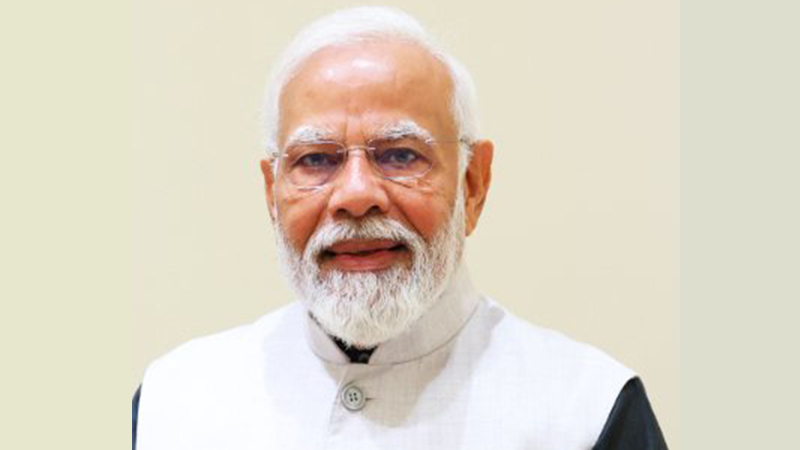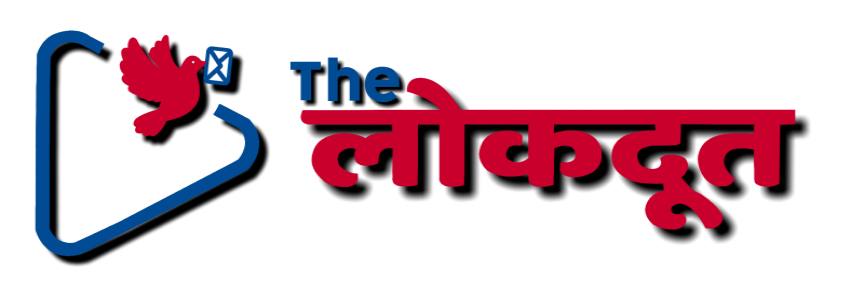Know More About Your Heart on World Heart Day
Every year on 29th September, people from all over the world celebrate World Heart Day; today let us know about the 9 most common issues related to heart which can easily be cured if diagnosed at initial stages.

In this busy lifestyle, through all the hustle and bustle, we often forget how important it is to take care of our bodies, especially the heart. The heart is one of the most important organs in the human body, and heart-related issues are the leading cause of death every year. The human heart normally beats over 100,000 times per day, but what if it suddenly stops beating?
Heart-related issues can be serious and can even cost a person’s life, therefore they should not be ignored.
Here are some general heart disease-related symptoms we face regularly:
Chest Pain:
We have usually seen our parents and other elderly people complaining about chest pain, but have often ignored it, assuming the reason for it was gas or acidity. But that might be our biggest mistake, as chest pain might occur due to blockage in arteries or can be an early symptom of a heart attack.
Pain in the neck or jaw:
The initial chest pain may soon spread to the upper part of the body, consuming the entire neck and jaw. If this happens, the patient should be rushed to the hospital as this could be an initial stage of a heart attack or a major blockage.
Excessive sweating:
If the person sweats excessively even if he/she is not exercising or doing any work, this can happen if the heart is not pumping the blood properly or facing difficulties in doing the same. You must immediately consult the doctor in this situation.
Feeling dizzy or fainting:
If the person feels dizzy or experiences darkness in front of their eyes, it can happen due to low blood pressure, which means that the heart is unable to receive the blood properly and is unable to pump it further to different organs of the body, including the brain. This might cause some organ damage or even a heart attack, so a doctor must be consulted immediately.
Vomiting or stomach problems:
If the person is feeling uneasy with an urge to vomit, it can be an initial stage of a stroke. For that reason, one must consult a doctor.
Swelling in legs and feet:
If you have swollen knees and feet, it can be due to heart disease as this happens when the blood is not properly circulated in different parts of the body.
High blood pressure:
High blood pressure is a common problem and can be seen among all age groups, but for those who are over 50 years of age, this problem might be fatal. So, as a precaution, blood pressure must be recorded at least once every week. If the blood pressure of a person is constantly high, this can make cardiac muscles hard and might cause a stroke.
High blood sugar:
People with high blood sugar levels are more prone to heart problems as the coronary vessels of the person with high blood sugar get blocked, which affects the normal functioning of the heart, and thus should be tested on a regular basis.
High Cholesterol:
Cholesterol is a type of fat present in each cell of the human body, but when it increases in blood cells, it gets deposited on the walls of arteries, leaving a small or no passage for blood flow in and out of the heart, which causes tension and even makes them burst, leading straight to death. Most heart-related problems can be cured and even treated if a healthy lifestyle is adopted. We must follow the habit of regular checkups, opt for fewer oily and fewer fatty foods in the diet, eat clean foods with good vitamins and minerals, and take time to exercise or work out on an everyday basis.
Also read: The Feeling Was Very Difficult to Sit out and See My Teammates Play: Delhi Capitals' Shreyas Iyer









































